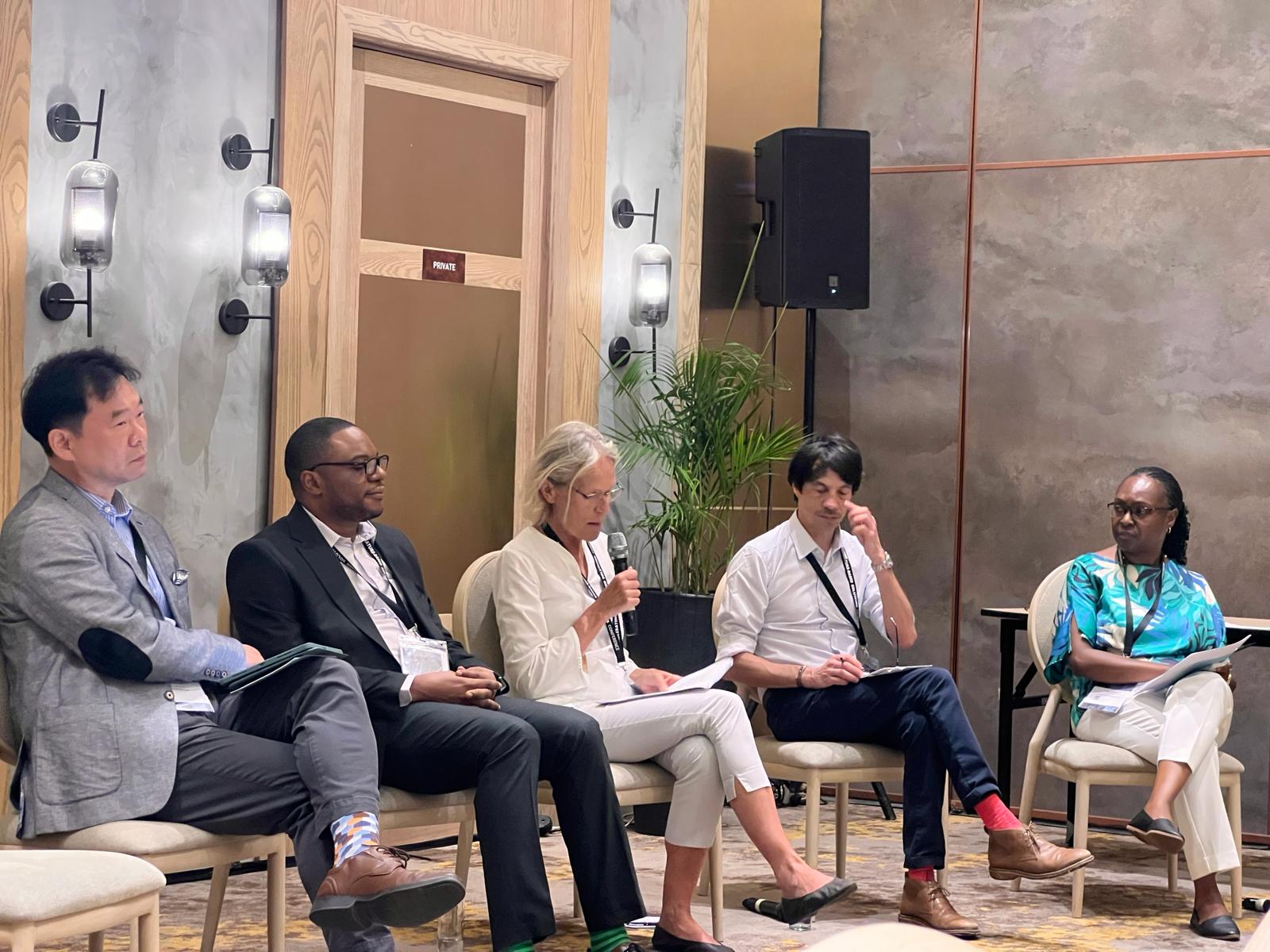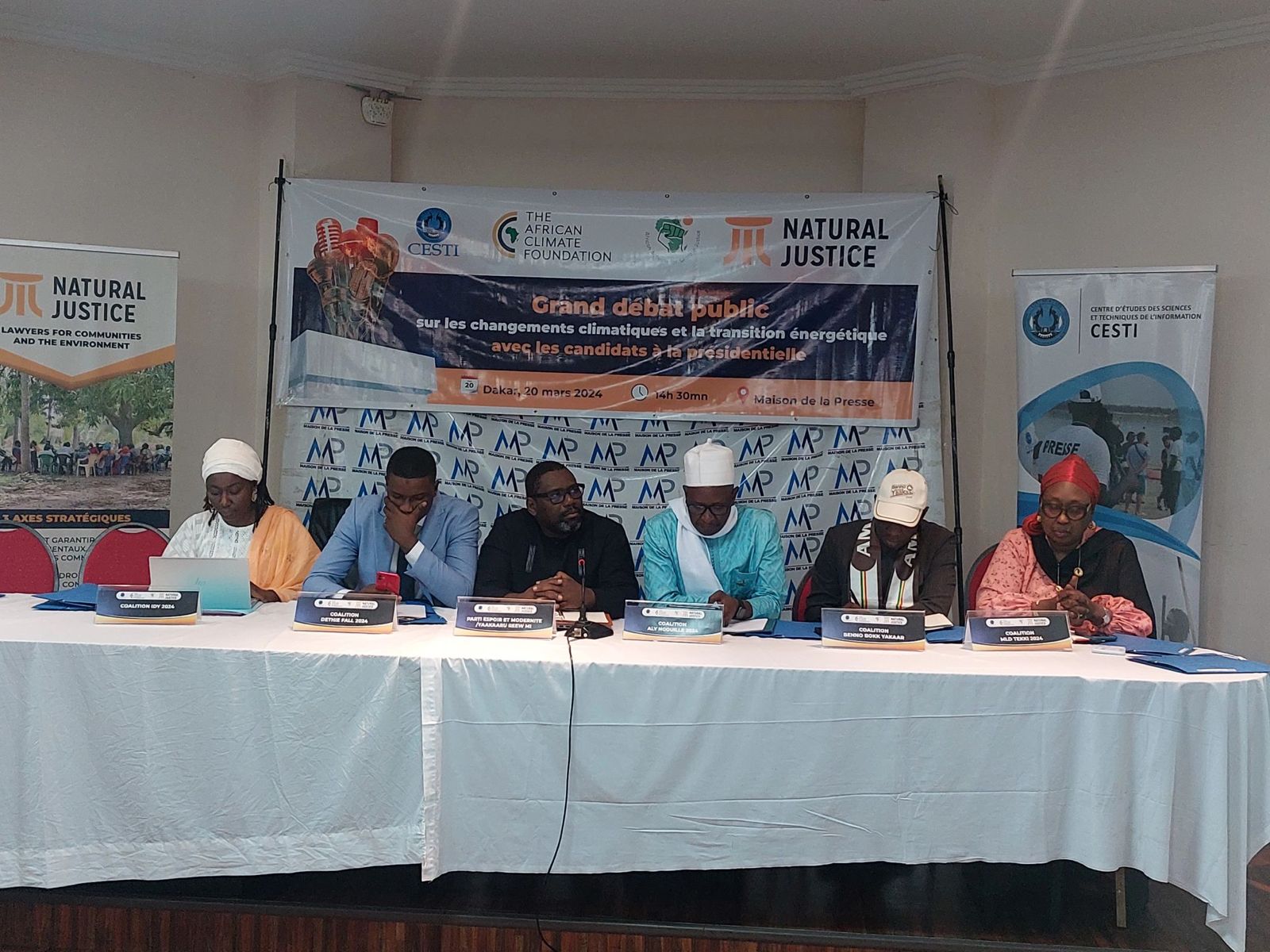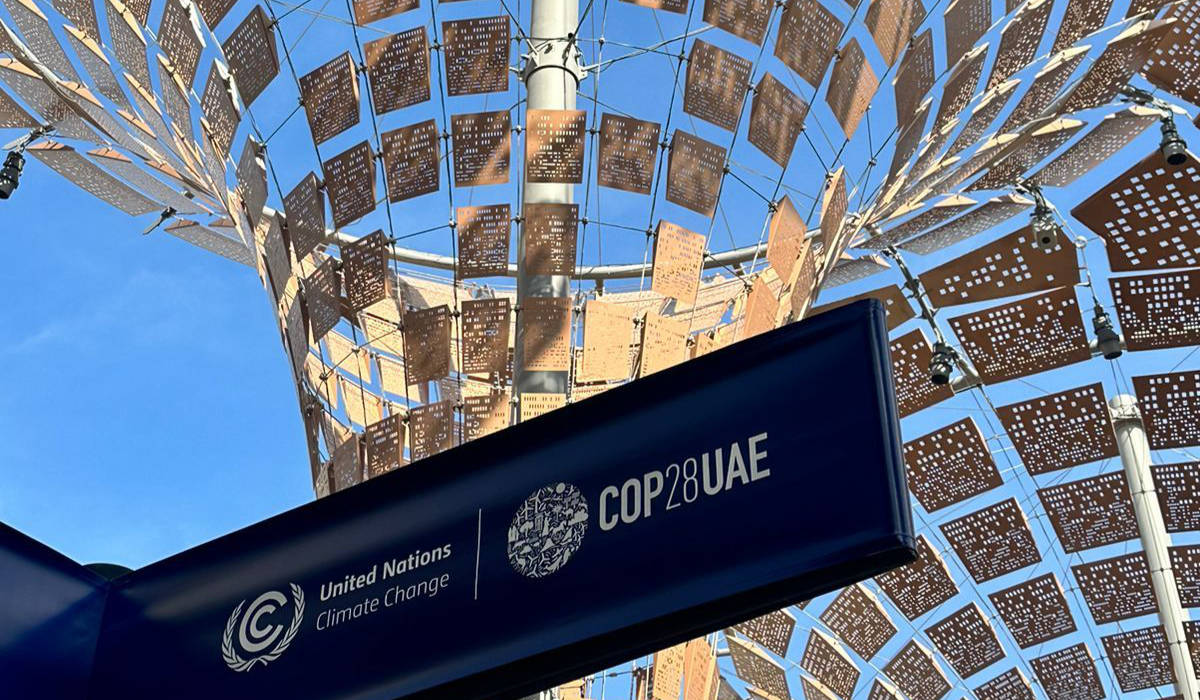The world’s 20 biggest economies are meeting this weekend in Italy amidst calls that they should do more to strengthen the fight against runaway climate change. #G20summit #COP26
Climate change and its cost will be top of mind when wealthy nation leaders meet this weekend. Expectations are high that the meeting could inject the necessary momentum into the climate deal-making process.
The Group of 20 (G20) — which comprises 19 individual nations and the European Union members – convene in Rome, Italy for the G20 summit, followed directly by UN climate talks in Glasgow, that will stretch into the middle of November. Experts agree that G20 nations’ buy-in at COP26 in Glasgow is crucial, as the nations could make or break the talks.
It is the world’s 20 biggest economies’ first face-to-face meeting in two years, and many of the leaders will immediately depart to Scotland for the critical climate summit.
South Africa’s International Relations and Cooperation minister Naledi Pandor will lead the South African delegation. US president Joe Biden will be there. The presidents of China and Russia will not attend in person, but follow events remotely. Saudi Arabia will skip the summit.
There are still huge divisions in the G20 group on how to phase out coal, and how much money to pledge to help poor nations meet their climate obligations. This weekend’s meeting is tasked with overcoming these challenges.
Leaders at this week’s summit face pressure to offer real action and formulate tangible steps that will keep the earth’s warming under 1.5 degrees. The G20 is made-up of the world’s major economies, many of which helped fuel climate change over the past century, through greenhouse gas emissions during their industrialisation drive.
The G20 accounts for more than 80% of the world’s gross domestic product, 60% of its population and an estimated 80% of global greenhouse gas emissions.
Despite its strength, countries in the group are still failing to do their part to adequately tackle emissions, a United Nations report found this week. The United Nations’ emissions gap report showed how the G20 collectively are not on track to meet the emissions-cutting pledges they made as part of the Paris Agreement.
Given that developed nations account for roughly three-quarters of global greenhouse gas emissions, their failures to set bold targets or to fully meet existing goals are a significant reason the world remains on a path toward worsening climate catastrophes, the UN report found.
Some key entities, such as the United States, Canada and the European Union, have outlined new, stronger climate plans. If implemented, these would result in sharp cuts to emissions in those nations by the end of this decade. Other large emitters, such as China and India, have not yet formally submitted new plans though they have committed domestically to curbing climate change.
Apart from doing more to cut emissions, a huge sticking point is the need for rich nations to honour a 2009 pledge to provide climate finance of $100 billion per year. Despite falling short of this pledge expectations are high that the G20 summit could urge rich nations to provide more to fill the funding gap.
“The time has passed for diplomatic niceties,” UN. Secretary-General Antonio Guterres said last week. “If governments, especially G20 governments, do not stand up and lead this effort, we are headed for terrible human suffering.”
The South African Department of International Relations and Cooperation ministry’s spokesperson Clayson Monyela said South Africa will look for the reaffirmation of previous commitments made by the G20 relating to supporting Africa’s industrialisation
“South Africa will advocate for equal treatment of the climate in terms of mitigation, adaptation and means of implementation, including financing and technology transfer.”



